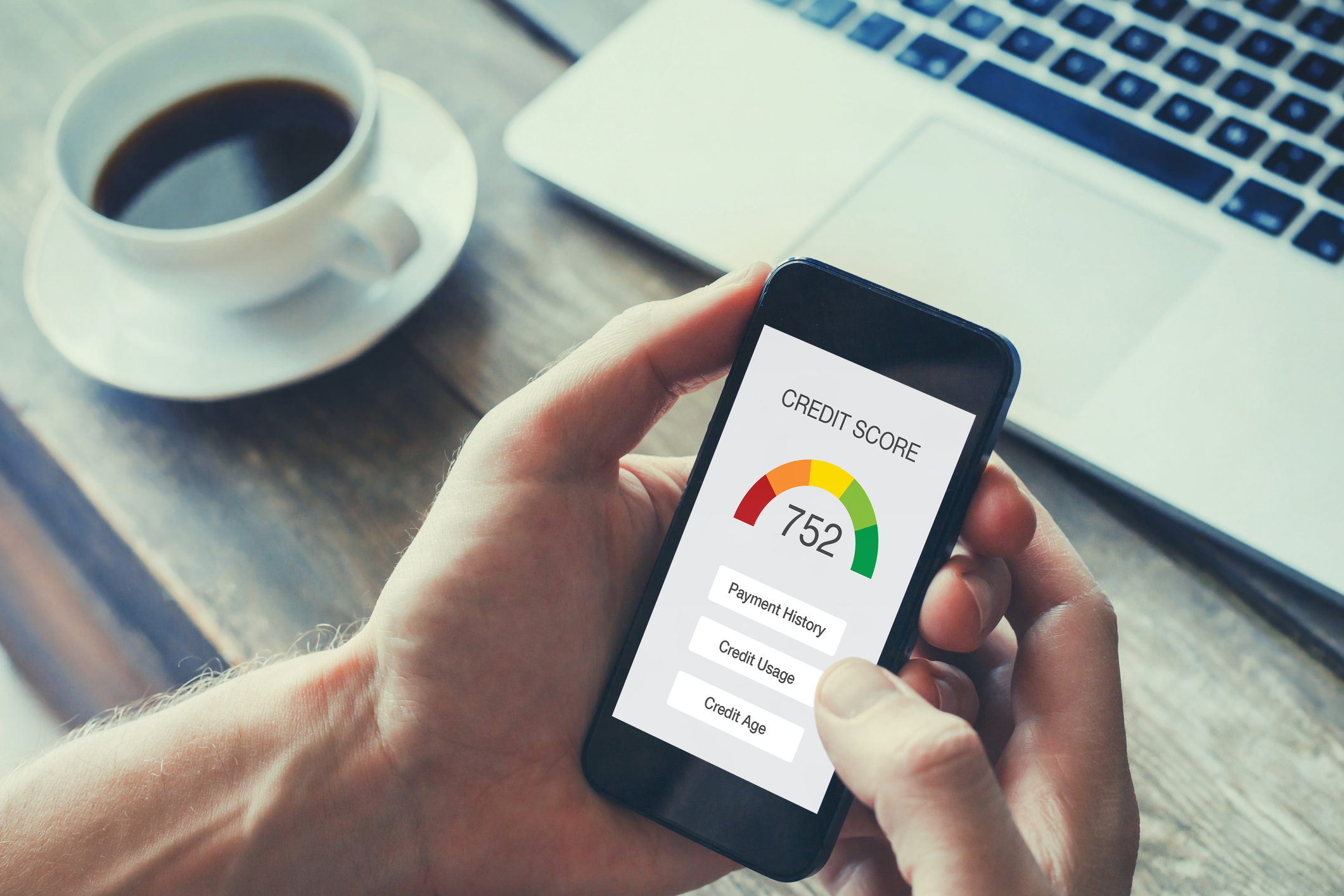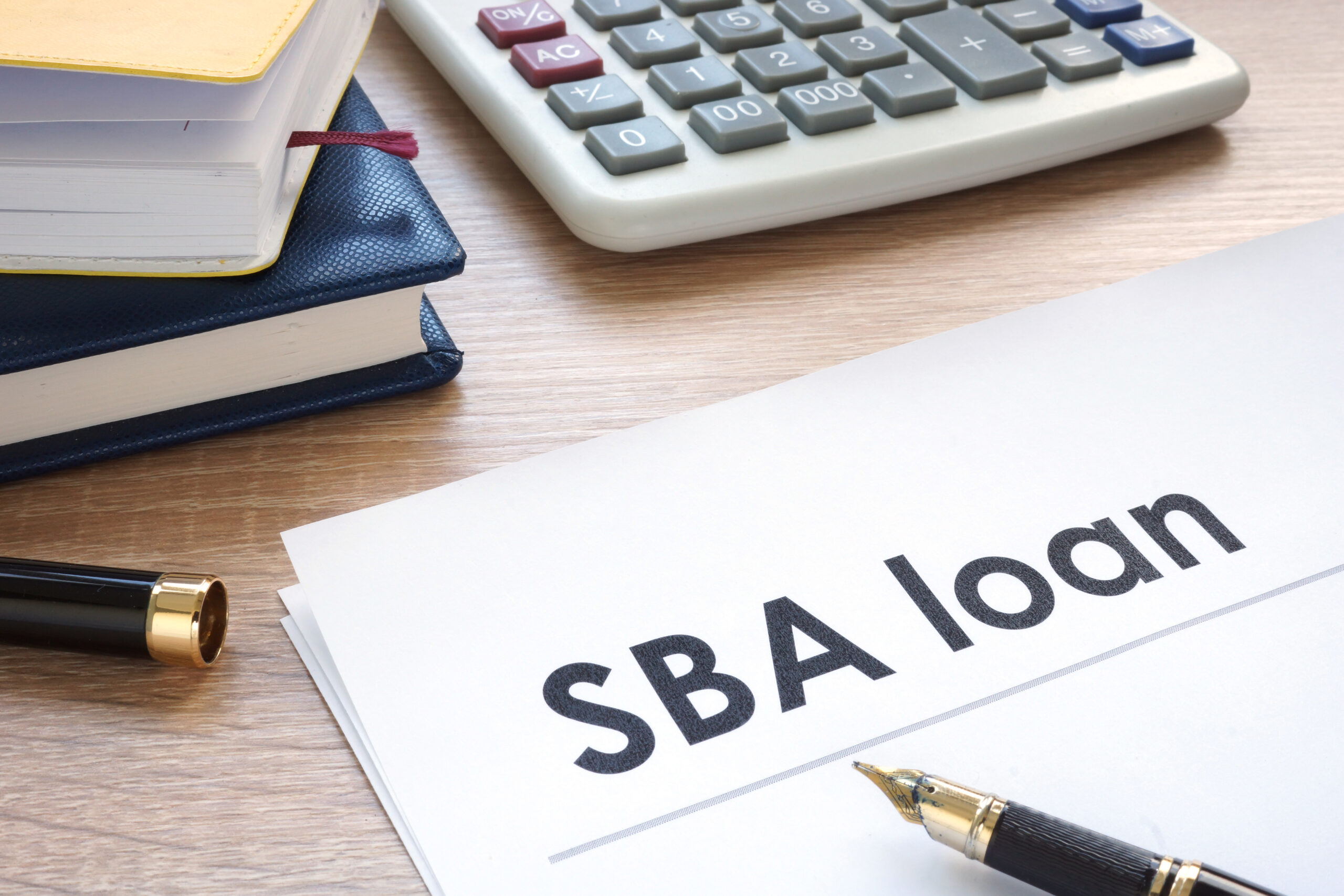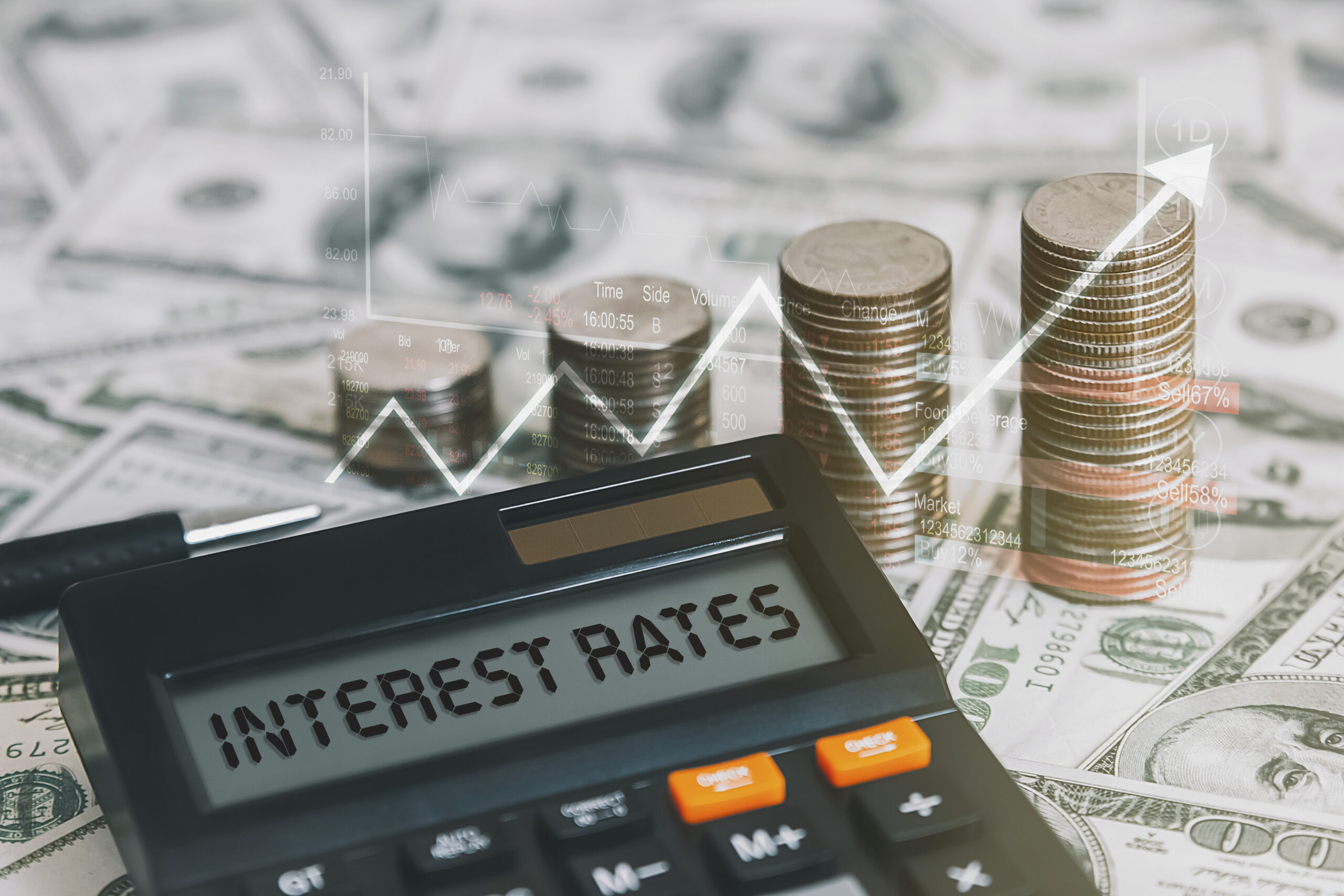Between the beginning of the year and mid-April, tax season is in full swing and many people are quickly going to tax professionals to either pay their taxes or get their refunds. One question on many minds is the connection between taxes and credit. Do taxes affect your credit score?
Do Taxes Directly Affect Your Credit Score?
When you go to a tax professional to have them prepare your taxes, it does not directly affect your credit score. However, there might be ways your taxes can indirectly affect your credit scores.
Hidden Ways Taxes Indirectly Impact Your Credit Scores
Using Credit Cards to Pay Taxes
Again, when you pay your taxes, this does not affect your credit score. However, if you decide to pay your taxes with a credit card, that can affect your credit score.
When you pay your taxes with credit, the fee for the taxes themselves and, usually, a 2% fee are going to be added to your credit card or cards. This can work if you pay off your credit card each month. But you might pay an interest rate at your card’s standard rate. If you don’t pay off your credit card right away, you can incur more interest. Putting your tax payment on your credit card can also affect your overall credit utilization, which can negatively impact your credit score.
Failing to Pay Taxes on Time
When you fail to pay your taxes on time or at all, this does not affect your credit score. But if you fail to pay your taxes on time or at all, a federal tax lien can be put on your house or properties you own.
Since 2018, tax liens have not been put on credit reports, so that does not negatively affect your score. But if you are trying to refinance a mortgage, sell a home, or buy a new home, having a lien on your property can affect you as lenders might search for this information.
Tax Identity Theft
Many Americans have become victims of identity theft, and the personal information stolen has given scammers the data they need to file fraudulent tax returns before the victims can file their real tax returns. MyScoreIQ services can help you combat identity theft by monitoring your identity and personal information such as your name, date of birth, phone number, Social Security number, and address. When possible suspicious activity is detected, you receive real-time alerts, so you can take action quickly.
FAQs: Taxes and Credit Scores
Does the IRS report tax debt to the credit bureaus?
In the past, IRS tax debt did appear on your credit report. As of 2018, all three credit bureaus – Experian®, Equifax®, and TransUnion® — stopped reporting tax liens on credit reports.
The IRS does not report to the credit bureaus. When you do receive a tax lien, that debt becomes visible to the public. Although it does not affect your credit, tax liens can deter a lender. The IRS normally keeps the tax liens in place until you are done paying off your debt or you may have a payment plan in place.
Can an IRS installment agreement affect your credit?
When you hit a snag and are unable to pay your taxes, you can work with the IRS to set up a payment plan. This can help you avoid a tax lien. Again, this is not reported on your credit report.
Do taxes show up on a credit report?
Taxes do not show up on your credit report. Since 2018, the three major credit bureaus have not reported tax debt on credit reports.
How can I help protect myself from tax identity theft?
With advancements in technology, scammers use any and every tool they can get their hands on to steal victims’ personal data. There are ways you can help protect yourself.
Never give out your personal information to people you do not know, over the phone, in person, and online. Be wary of links and messages you may receive that specifically ask for your personal information. Review and make sure requests are from a real source. If not, ignore them entirely.
Make sure all your security software is up to date and that you also have anti-virus protection. Make sure your passwords are strong and that you are not using them across several other applications you have that require passwords.
Be aware of phishing emails, texts, and phone calls. If someone is making threatening calls or sending messages that you owe the IRS money and are asking for you to provide information to keep yourself from going to jail, do not respond and report it.
Bottom Line
Not paying your taxes cannot affect your credit. But not paying your tax debt can lead to a tax lien, which can affect how lenders view you for possible loans. So, if you set up a payment plan, make sure you make your payments on time.
Signing up for a credit and identity monitoring membership with MyScoreIQ services allows you to receive your credit reports and scores, and you receive alerts for significant changes on your credit report and if your identity is fraudulently being used.












